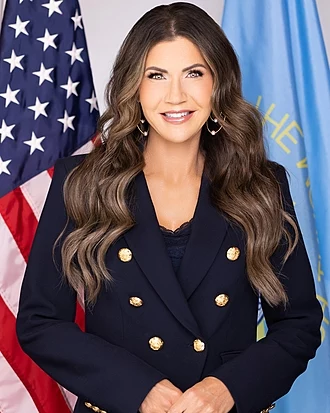
By Allan Lengel ticklethewire.com
Does it help a federal defendant’s case if he has a heart attack while on trial? Can it make the jury far too sympathetic?
Assistant U.S. Attorneys in downtown Detroit prosecuting six members of the Highwaymen Motorcycle Club fear the answer is YES!
Last weekend, three weeks into the trial, defendant Michael Cicchetti, 55, had a heart attack. Interestingly, in opening statements, his attorney Sanford Plotkin claimed Cicchetti was a harmless person plagued with multiple ailments and the government was off the mark by charging him with racketeering, drug dealing conspiracy, assault, transporting stolen vehicles and a weapons offense.
On Monday, U.S. District Judge Nancy G. Edmunds, after learning of the heart attack, declared a mistrial for Cicchetti and decided he would be tried later while trial would continue for the other five defendants. On Tuesday, Plotkin told the judge he had spoken to his client, who wanted the trial to go on in absentia.
On Tuesday, the judge spoke by teleconference call to Cicchetti in the hospital, who said he was happy with the trial and wanted it to go on in his absence. The judge on Wednesday obliged. She reversed her mistrial ruling and declared that Cicchetti should be tried in absentia.
The prosecution didn’t like that idea one bit. In fact, it had argued in a motion filed on Tuesday that the judge should declare a mistrial. Period.
Assistant U.S. Attorney Christopher Graveline wrote in a motion that after the judge told the jury about the heart attack “many jurors in their body language and facial expressions, rightly expressed concern for Mr. Cicchetti.” The prosecutor said the government did not object to the judge telling the jury about the heart attack because it assumed that Cicchetti would be prosecuted later before a different jury.
“It is only natural for the jury to feel sympathy for Mr. Cicchetti’s condition and this sympathy may well play into its consideration of the evidence against Mr. Cicchetti especially in light of his defense that he is a sick harmless older man who is only guilty of loving motorcycles and cocaine.”
“The government believes that allowing Mr. Cicchetti to continue in absentia would prejudice its ability to have a fair hearing and that there would be a high probability that an extrinsic factor, i.e. the defendant’s health, could affect the jury’s decision rather than the evidence presented in court.”
Assistant U.S. Attorney Diane Marion, who is one of the two prosecutors, commented to ticklethewire.com, saying: “In 29 years I’ve never tried a defendant in absentia. It makes for an unusual experience.”
Chichetti’s attorney Plotkin told ticklethewire.com that he’s happy with the ruling and the way the case is going.
“Mr Chicatti had been indicted since 2006 and has been waiting for his day in court. To clear his name of these spurious allegations, Mr. Chicchetti feels strongly that his case is proceeding well and we have a very fair and well qualified jury that he strongly wants to judge his case.”




